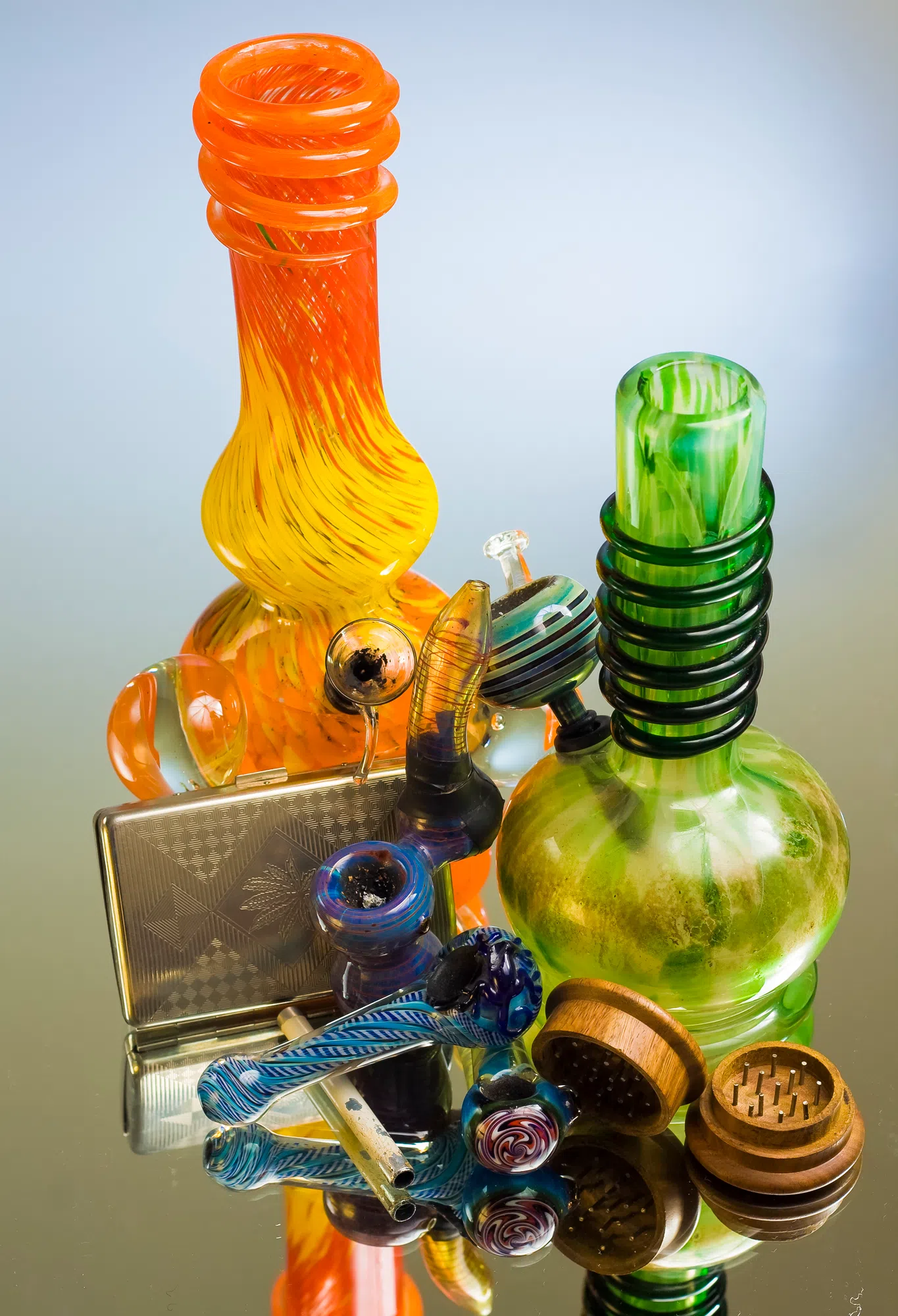
cgardinerphotos / Depositphotos.com
CROOKSTON, Minn. (The Minnesota Reformer) – Last year, the Legislature decriminalized drug paraphernalia, even if it contains drug residue. The change represented a step back from the drug war tactics of previous decades, with an eye toward treating substance abuse as a public health problem, rather than a criminal justice concern.
But one obscure relic of the war on drug paraphernalia got overlooked, and was not included in the decriminalization bill: a provision in state law that treats bong water — the water at the bottom of a smoking device, used to cool and purify the intoxicating smoke — as a controlled substance, no different than the uncut version of whatever illicit drug the bong was used to smoke.
People don’t consume bong water, but some prosecutors still use it as evidence to charge drug defendants with more serious crimes than they otherwise would be eligible for.
Just ask Jessica Beske.
On May 8, the 43-year-old Fargo resident was pulled over for speeding on Highway 59 in Polk County, Minnesota, according to charging documents. Deputies smelled marijuana and searched the car, where they allege they found a bong, a glass jar containing a “crystal substance,” and some items of paraphernalia, including pipes.
The residue on the paraphernalia tested positive for methamphetamine, as did the water in the bong and the substance in the glass jar. Deputies further reported that the bong water weighed 8 ounces and, somewhat confusingly, that the crystal substance weighed 13.2 grams “in total with the packaging.”
Beske says the “packaging” is the glass jar, and that the reason deputies included the jar in the weight is that there wasn’t a measurable quantity of substance in it. She maintains she had no drugs on her, only paraphernalia containing residue. That’s precisely the sort of offense that lawmakers decriminalized in the 2023 bill.
But the Polk County prosecutor has instead charged her with first-degree felony possession, which carries a penalty of up to 30 years in prison and a $1,000,000 fine.
It’s because of the bong water. For charging purposes under state law, 8 ounces of bong water is considered the same as 8 ounces of pure methamphetamine. That’s well over the 50-gram threshold necessary to trigger a first-degree felony offense.
“The legislative intent behind the weight-based thresholds is to approximate whether a person is an end user or a dealer,” said Kurtis Hanna, a longtime Minnesota drug reform advocate. “The fact that some county prosecutors are subverting that clear intent and are charging end users as though they are wholesalers, ruining their lives in the process, is shameful.”
Deputies also seized Beske’s car and $2,400 in cash and intend to permanently forfeit them under a state law that allows authorities to take vehicles used to transport controlled substances “intended for distribution or sale,” and cash that represents “the proceeds of a controlled substance offense.”
Beske says she won the cash at the casino that night, and when she was pulled over she had a tax form from the casino to prove it.
The charges are baffling to her. “It’s against common sense,” she said in an interview. “It’s against everybody’s common sense.”




Comments